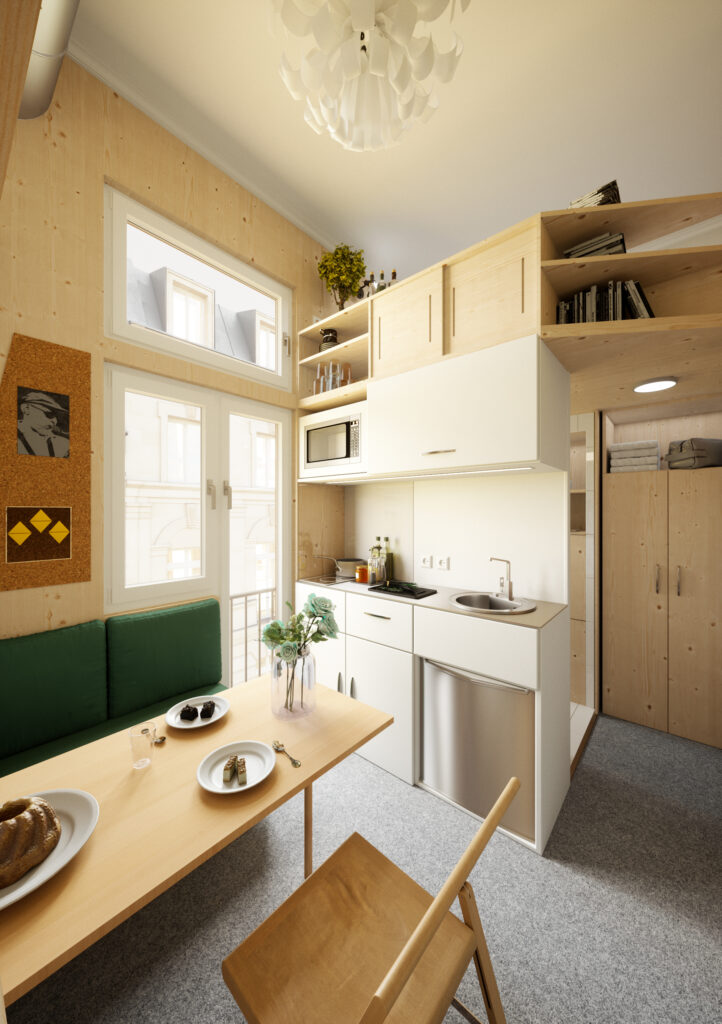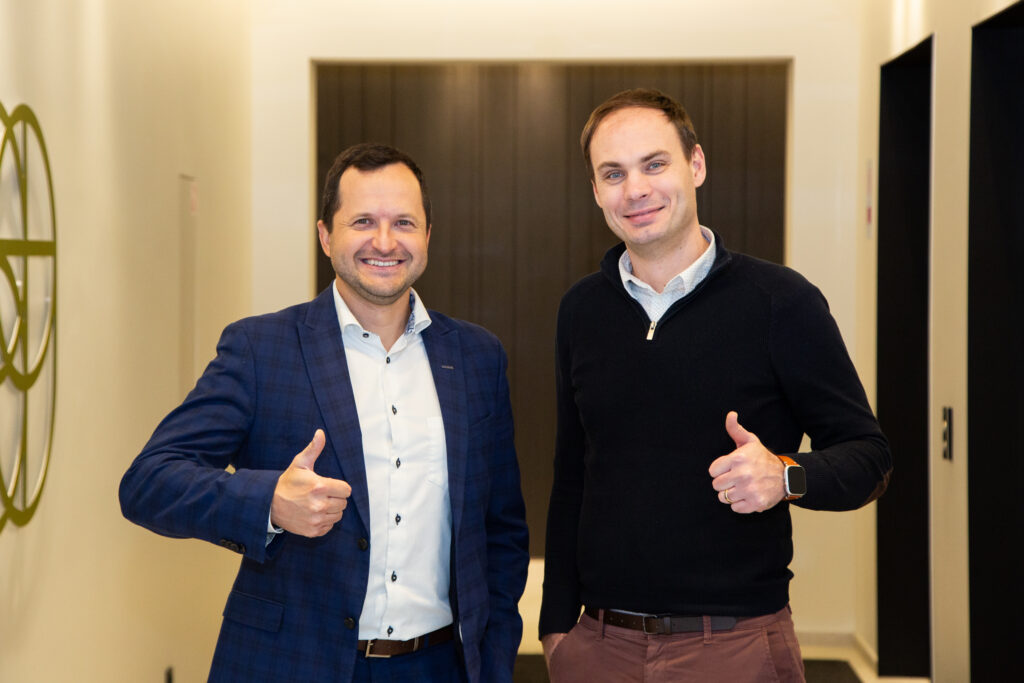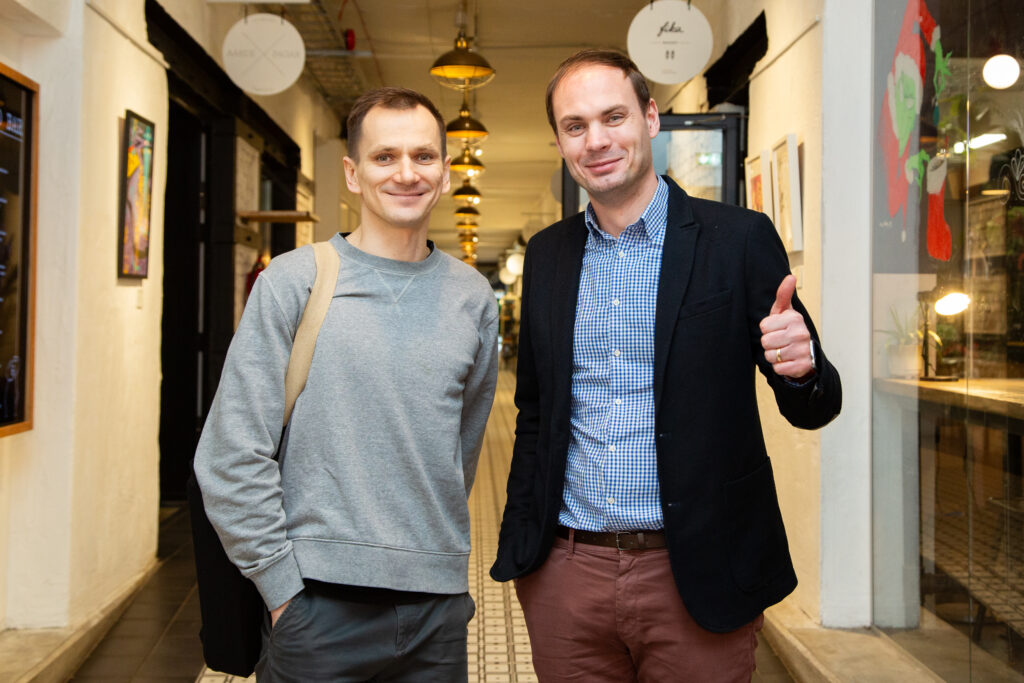Student housing investment in context
Student housing in Germany has long needed new investment, approaches and energy. There is a need for a fresh direction not only in terms of digitalisation and innovative student housing software but also in terms of the wider concept. Several new companies and initiatives are seeking to provide that.
Historically, Germany has always had a substantial proportion of rental dwellings. Statista Research Department states that 48.5% of the entire population of Germany are tenants. The number is higher than 34,2% for the UK, 35.6% for France, and 16.2% for Poland. The housing situation affects the students as most students contend for rental apartments and families, pensioners, and other renters. The National Association of German Student Services Organizations accommodates only 9.6% of all students in Germany.
Why lack of student housing investment is a problem
The recent news of the merger of Germany’s two largest landlords may create the impression that big players dominate that rental market. The truth is that the market is quite granular. Smaller property owners overshadow the rental industry, accounting for 57% of all rented flats. Furthermore, more than 60% of rented apartment complexes have fewer than six apartments.
Chris Robért Lange is the founder of COMENTS, one of the leading new companies dedicated to providing student housing focusing on sustainability, wellbeing and affordability. He seeks to change the current status quo: “Germany has only an 11% coverage rate of Purpose Built Student Housing (PBSA) to total student numbers compared to 30 % in the UK. Indicating a huge need to develop more student housing properties to fit the demand.”

As a result, living standards can vary on a vast spectrum, which can have significant consequences: students often do not get access to living arrangements that are optimal for studying (see the effect of architecture and the environment on learning) or social life.
“Students can choose between sharing private flats, where contracts and payments are often insecure, chaotic and stressful for students. Or they can choose public dormitories, which are very difficult to get a place in, seldom have any community events, and are often equipped with inadequate facilities. Finally, they can rent private micro-apartments, but these are expensive and aim to bring a community through unnecessary common rooms somewhere in the basement like a pool, cinema or gym.”
Chris Robért Lange, Coments
Problem 1: where you live is where you learn

An inadequate physical housing environment affects the student’s “cognitive load”, a person’s ability to absorb information and learn. It has been called "one of the essential concepts in educational psychology". The importance of student housing as a place of learning has risen during the Coronavirus crisis when more and more students are learning remotely, away from lecture halls.
Problem 2: where you live is where you grow

In terms of social life, research shows that 23% of 18-29-year-olds often feel or always lonely. One scientist, Richard Weissbourd from the Harvard Graduate School of Education, stated: “I was surprised at the degree of loneliness among young people. If you look at other studies on the elderly, their rates of loneliness are high, but they don’t seem to be as high as they are for young people.
“Young adults may be particularly susceptible because they are often transitioning from their “inherited families to their chosen families. Students in college may be struggling to fit in and feel homesick, while those not in school can feel disconnected from important social groups or communities. Young people are also often making critical decisions about their professional and personal lives and relationships, which can add to the stress and sense of isolation.”
Richard weissbourd, Harvard graduate school of education
The social implications of this are significant: western societies are struggling with loneliness. Chris Lange and the team at COMENTS did additional research and found that held especially true for students: “We saw that students strongly prefer living together with others.”
A better way

New public and private initiatives seek to improve the bottom line and all participants in the rental market. COMENTS is a powerful example of this:
Firstly, they aim to benefit families, the leading target group for existing rental properties, by not repurposing existing residential properties, which may lead to evictions and worsen the housing situation.
Because of that, COMENTS is committed to creating new buildings. However, the real estate sector currently is responsible for 28% of the total CO2 emissions in Germany, and much of that 28% comes from building with concrete, a favoured material for mass-scale residential housing. Therefore, COMENTS focuses on wooden modular buildings that allow CO2 neutral or negative construction and operation.
The buildings strike a balance between community living, space efficiency, and privacy guide interior design. The units need to be affordable, and land is scarce in larger cities and thriving university towns.

Thus, each private apartment of no more than 11 sqm comes equipped with its kitchenette, bathroom, a convertible sofa for visitors or space to lay out a yoga mat for sun greetings beside area for the student’s bed and individual living needs. You can enter every private room from a shared space that acts as a central living room for the private rooms clustered around it.
This arrangement led to the company’s name: COMENTS, as together with the common room, these spaces are no longer “apart-ments” (as in apart, divide, separate) but “co-ments” with a co-living approach.
The spacious common room provides a big kitchen for shared meals, a dining table double functioning for work (as Peter Fabor outlines, people prefer spaces that combine fun with work for co-working). In addition, the space offers a chill area and a lot of space left free for residents to arrange. At the beginning of the semester, students can design and, for example, paint a wall in a group event or add flexible furniture to serve different purposes.

Finally, the standard room and the entire building embrace biophilic design principles, bringing those aspects of the natural world that benefit us as humans to students’ everyday lives and physical environments.
You can learn more about COMENTS at their website and reach out to Chris Robért Lange, their Founder and CEO, via LinkedIn.






